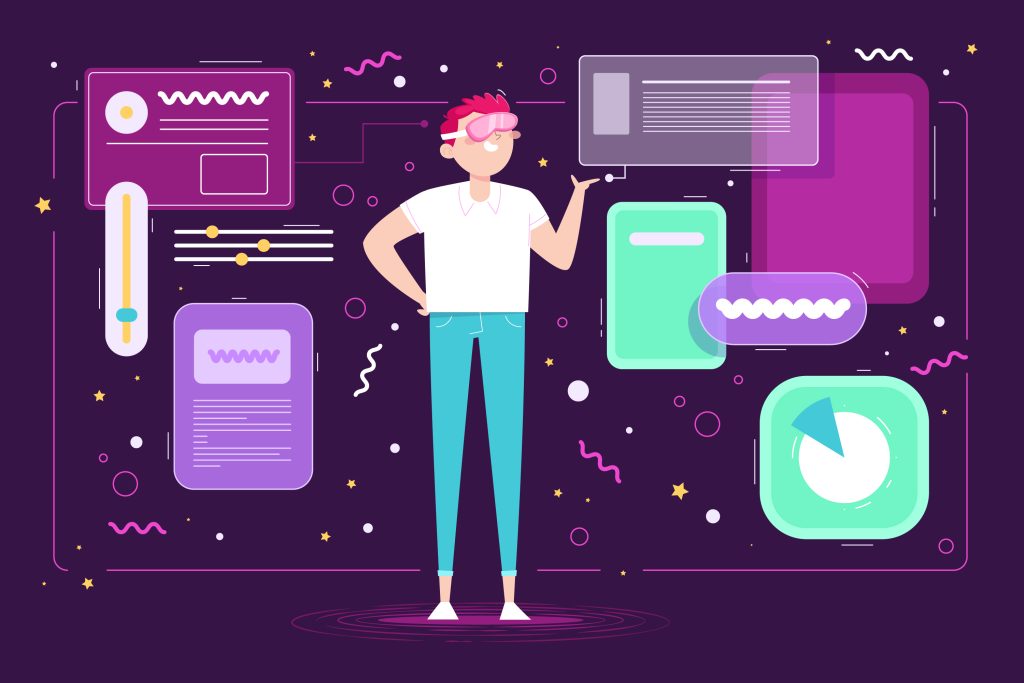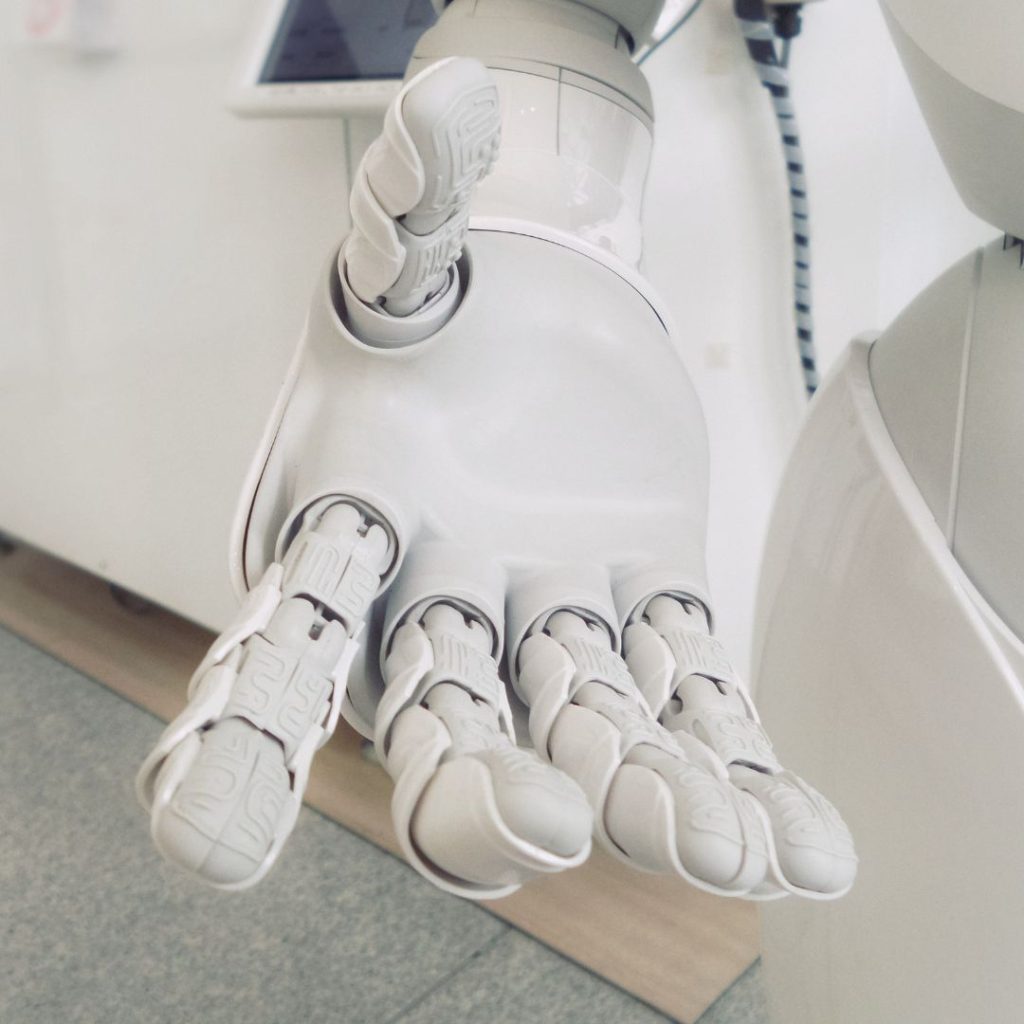Nowadays, artificial intelligence, commonly abbreviated as AI, is used everywhere, and the fields of perception, marketing, and market research are slowly catching up.
Previously an idea reserved for science fiction writers, these two letters are now pervasive in our daily lives.
Every day brings another news story about how robots, the physical manifestations of AI, are stealing our livelihoods. The global economic impact of AI is predicted to hit $13 trillion by 2030, and companies that adopt AI are expected to see their cash flow double by that time.
Related Reading: Can CX Drive The Switch From Product To Services-based Offering
Human-centered Customer Experience
Unsurprisingly, companies are rushing to develop their AI strategies, and everyone is wondering how to take advantage of this promising new area. The future course of AI is infamously difficult to predict.
However, given the increasing popularity of modern AI technologies, we can be certain that the infamous AI winters—times of decreased financing and interest during “hype-bust cycles”—are a thing of the past.
Surprisingly, market research and analytics is one industry that was slow to adopt AI. In general, our sector has always been a pioneer in implementing cutting-edge innovations. We were among the first organizations to use mainframe computers.
Market researchers led the adoption of cutting-edge experimental research paradigms (such as choice modeling from cognitive science) while other business fields relied on ill-defined frameworks for decision making.
Additionally, we brazenly appropriated complex statistical testing and modeling approaches from the mathematical sciences and repurposed them for our methods of comprehending customer cognition and behavior.
However, a rift has emerged recently between our business and leveraging advances in AI.
This unfortunate situation is probably the result of a number of misconceptions, presumably on both sides of the AI and customer insight divide.
For example, “but, isn’t AI only applicable to big data with millions of customer records?”
I believe that the false belief that AI will divert attention from what matters most to us—human experiences—has been the primary impediment to the adoption of AI in customer insight.
I have been straddling this apparent divide for the last ten years.
Here, I’ll explain why this couldn’t be further from the truth and how the spread of AI technologies will enable the extraction of real customer insights focused on humans at a scale and in forms that are as yet unimaginable.
Introducing, human-centered AI for CX…
The current trend towards Human-centered AI (HAI) was shaped and popularized by Fei-Fei Li, one of the world’s leading AI scientists, from Stanford University.
HAI focuses on designing algorithms and machines that are inspired by cognitive psychology with a focus on AI being collaborative, augmentative, and enhancing human productivity.
In an increasingly fragmented and complex marketplace, as is commonplace in sectors like media, finance, and online plus brick-and-mortar retail, AI technologies can provide a seamless and personalized experience.
No human analyst can crunch all the numbers across dozens of different platforms and help guide sales agents in real-time.
However, AI can be and is increasingly being deployed to support the point of sales teams to ensure that their customers feel valued and heard by suggesting a curated and personalized list of actions.
However, by offering a curated and personalized list of activities, AI can be used—and is increasingly being used—to assist point-of-sale teams in making sure that their customers feel valued and heard.
In today’s world, offering top-notch customer experiences is essential for omnichannel exchanges.
A new breed of “cognitive bots” that are inspired by humans will gradually begin to share their knowledge in order to maximize their combined intelligence and utility to customers and businesses while continuously engaging with human representatives to optimize all of a company’s touchpoints.
This change will result in parallel increases in the effectiveness, precision, and accountability of business encounters with customers.
What does human-centered customer experience imply for our industry, then?
First of all, if we choose to ignore the changes that are taking place all around us, we risk siloing our valuable insights and missing out on chances to influence important customer decisions.
Second, it indicates that we must do more than just create digital insight and research centres that are only for human analysts.
In the future, we should instead make it possible for specialized “data science bots” to create detailed psychological profiles of customers and forecast the future using all of their data resources. 90% of the competing data scientists were defeated by a bot dubbed AutoAI in a recent competition for predicting consumer credit risk.
Researchers, insight specialists, and data scientists will increasingly collaborate with software developers to create systems that produce the best results for both customers and businesses.
Related Reading: ChatGPT Use Cases in Business That Reinforces CX and AI
What’s Driving this Type of Human-centered AI?
Natural Language Processing (NLP) is undoubtedly one of the most promising areas of study and applications in AI, which is not surprising given that what distinguishes humans from other animals is our capacity for language.
NLP and human-computer interactions (HCI) utilising language have existed since the Georgetown-IBM translation studies of the 1950s, which is as long as computer science has existed.
However, over the past three years, there has been a substantial advancement in AI’s capacity to comprehend the subtleties and complexities of human language, freeing it from the constraints of keyword-based text analytics.
With exotic names like BERT (Bidirectional Encoder Representations from Transformers) and GPT-2, a new breed of machine learning models for natural language processing (NLP) known as Transformers have been trained with large amounts of real-world language data since 2017.
These models are then fine-tuned to specific language tasks for unique use cases.
Because of this development, NLP software programmes are now able to process words in connection to all the other words in a sentence rather than by themselves.
For instance, this enables the rapid extraction of deeper and broader consumer insights from open-end feedback in customer experience (CX) applications.
Because better NLP models take into account the entire context of words, phrases, sentences, and even whole comments, they immediately translate to more subtle psychological customer insights.
A key component of customer insights, the advances in AI are revealing rich information about the underlying meaning, emotions, and intentions in rich customer data.
Finally, despite the apparent paradox in the reasoning, further adoption of AI will not lessen the human experience.
Instead, it will aid in the scalability and coordination of the ongoing monitoring of insights obtained directly from thousands of fragments of varied consumer feedback.
Customer experience will be streamlined and made easier with the help of chatbots, associated assistive technology, and natural language understanding.
In our opinion, AI’s most significant advancement in NLP will increase consumer engagement with businesses through the most natural communication channel available—natural language—and better align customer observations with psychological principles.
What other ChatGPT use cases can you think of? And how would you connect them to commercial value? We at Kilowott, are here to help you with this transition thanks to customer experience transformation. Let’s talk!!!






